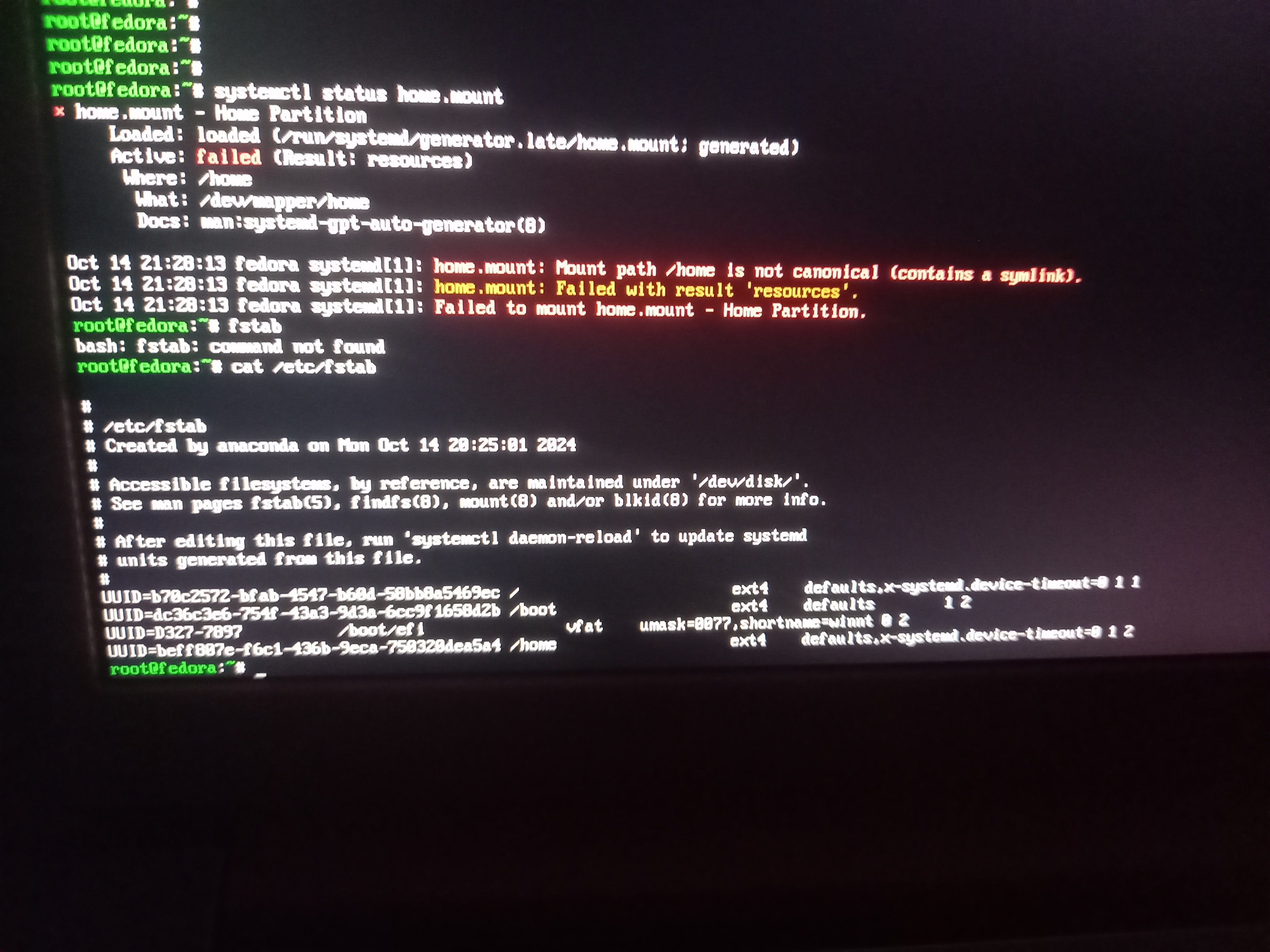this post was submitted on 14 Oct 2024
61 points (98.4% liked)
Linux
48222 readers
989 users here now
From Wikipedia, the free encyclopedia
Linux is a family of open source Unix-like operating systems based on the Linux kernel, an operating system kernel first released on September 17, 1991 by Linus Torvalds. Linux is typically packaged in a Linux distribution (or distro for short).
Distributions include the Linux kernel and supporting system software and libraries, many of which are provided by the GNU Project. Many Linux distributions use the word "Linux" in their name, but the Free Software Foundation uses the name GNU/Linux to emphasize the importance of GNU software, causing some controversy.
Rules
- Posts must be relevant to operating systems running the Linux kernel. GNU/Linux or otherwise.
- No misinformation
- No NSFW content
- No hate speech, bigotry, etc
Related Communities
Community icon by Alpár-Etele Méder, licensed under CC BY 3.0
founded 5 years ago
MODERATORS
you are viewing a single comment's thread
view the rest of the comments
view the rest of the comments

20 or 30 generations 😹
I have space for 1 😭
Edit: you've got me worried now, is the behavior you're referring to normal running out of inodes behavior or some sort of bug? Is this specific to ext4 or does it also affect btrfs nix stores?
I've run across the information that ext4 can be created with extra inodes but cannot add inodes to an existing filesystem.
Thank you for providing the quote!!